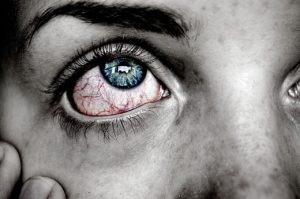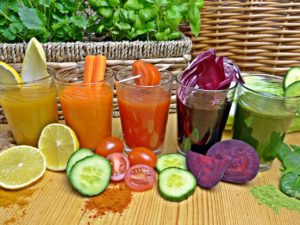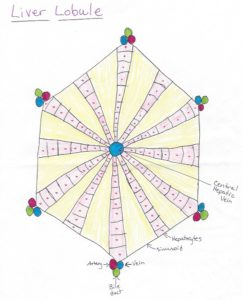Eye Conditions 4 [Show Notes]

Eye Conditions (not) in ABC Order
Dry eye
48% of Americans over age 18 complain of dry eyes. Caused by environment, genetics, health conditions, eye procedures, medications.
There are 2 reasons for dry eye:
- Inflammation blocks the free flow of fluid through the eye.
- Tear duct insufficiency – the ducts and glands don’t produce adequate moisture for the eye (can be solved by a tear duct stent)
If a medication dries up another part of your body, then it has the potential to dry out your eyes (antihistamines, medications for overactive bladder) – these medications can also lead to constipation. Many of the common diseases that many Americans deal with can cause dry eye – hypertension (high blood pressure), diabetes, obesity.
They light from electronic devices tricks your eyes into not blinking as often, therefore your eyes can dry out more easily (blinking is your eyes’ remoisturizing process). The solution is to give your eyes long breaks from electronic light , especially late at night before sleeping.
Air conditions in hotels can make your eyes feel dry because they work to remove excess humidity from the air.
Hormones, whether in pregnancy, menopause, or during the use of prescription birth control products, can cause changes in the moisture content of your eyes.
The Solution: eye drops (either OTC or Rx)
Presbyopia
It means “old or elderly vision”.
Presby = elders
Presbyterian church = the church’s decision-maker was a group of people called Elders
This seems to happen somewhere around age 40. The lens of your eye loses some of its flexibility. The lens has to be really curved to see up close, and then flattens out a bit to see far away. So, if the flexibility decreases, it means it can’t curve up enough to clearly see things up close.
The solution: wear reading glasses.
Stye
It’s an infected oil duct or hair follicle. Looks like a zit. **DO NOT TRY TO POP A STYE LIKE A ZIT!!** They will usually clear out on their own in 6-7 days. Not too troublesome other than being sore, swollen, and not pleasant to look at.
The Solution: warm compress for 15-20 min, then take a shower or wash your face, then leave it alone! Can use drops or an ointment to help lubricate the eye. Worst cases will require antibiotic drops or ointment from the doctor.
Corneal dystrophy
A genetic condition that causes the accumulation of protein material build up in the layers of the cornea (recap: cornea = the very front layer of your eye that starts to focus the light into the eye). If this fluid gets cloudy with junk, then your vision gets blurry. No other symptoms really except worsening vision. A surgical procedure can be used to clear out the cloudy liquid, but no cure.
This can lead to corneal erosion (where the layers of the cornea begin to separate = painful). Corneal erosion has to be corrected by surgery. Erosion can also be a result of eye injury – either instant trauma or more gradual like an unhealed corneal abrasion (which can lead to ulceration and eventually erosion).
Take care of your eyes and treat them nicely!
Callback
Connect with me
Support us on Patreon
*NEW* Join the Pharmacist Answers Podcast Community on Facebook
Subscribe: iTunes, Stitcher, GooglePlay, TuneIn Radio
Music Credits: “Radio Martini” Kevin MacLeod (incompetech.com) Licensed under Creative Commons: By Attribution 3.0 http://creativecommons.org/licenses/by/3.0/



